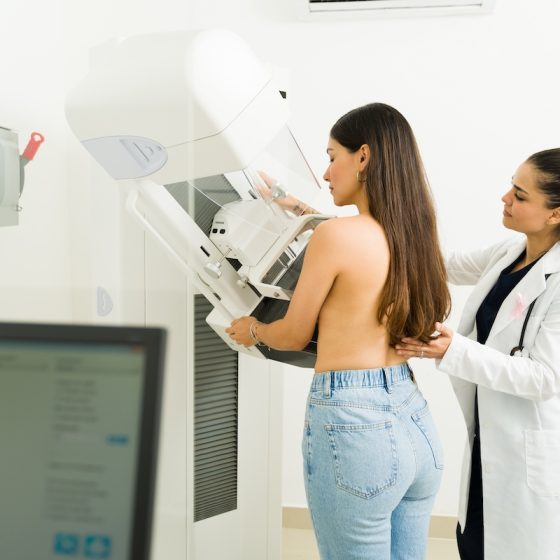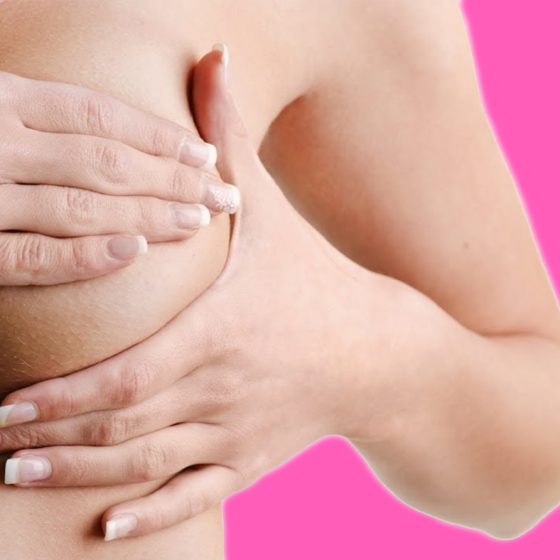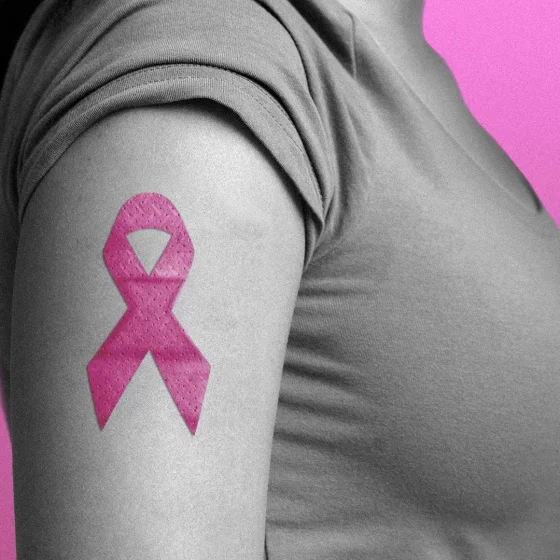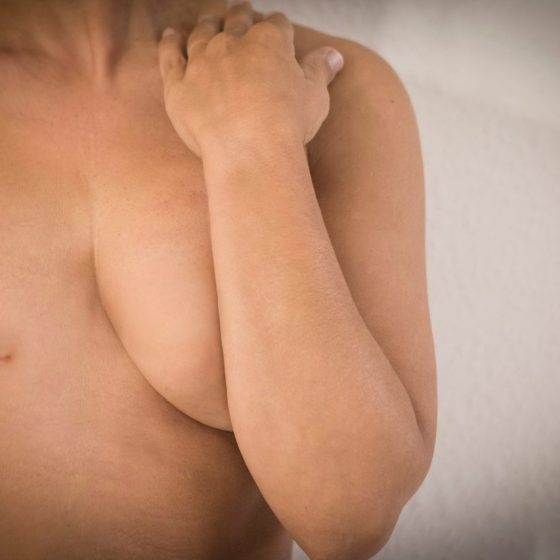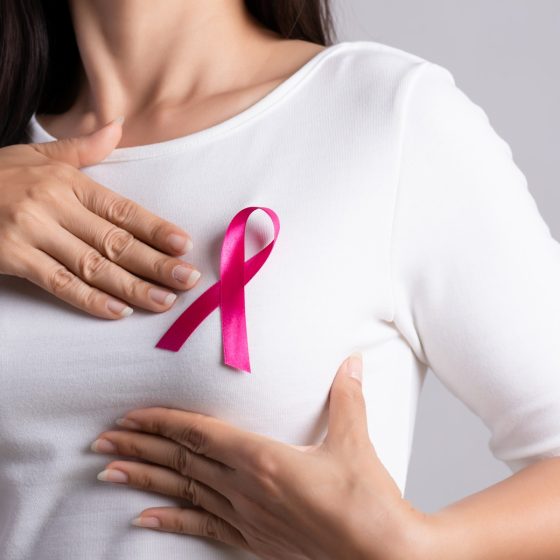Breast checks to detect breast cancer
Key facts Make checking your breasts part of your everyday routines such as getting dressed or showering. You should be aware of the usual look and feel of your breasts so you can detect any changes. The earlier you get treatment for breast cancer, the better your chances of surviving the disease. Females aged 50–74 years should get regular mammograms to help maximise their chances of finding breast cancer early. Not every lump is a cancer. Discuss any changes with your doctor as soon as possible. Why should I check my breasts regularly? Checking your breasts regularly is the best

